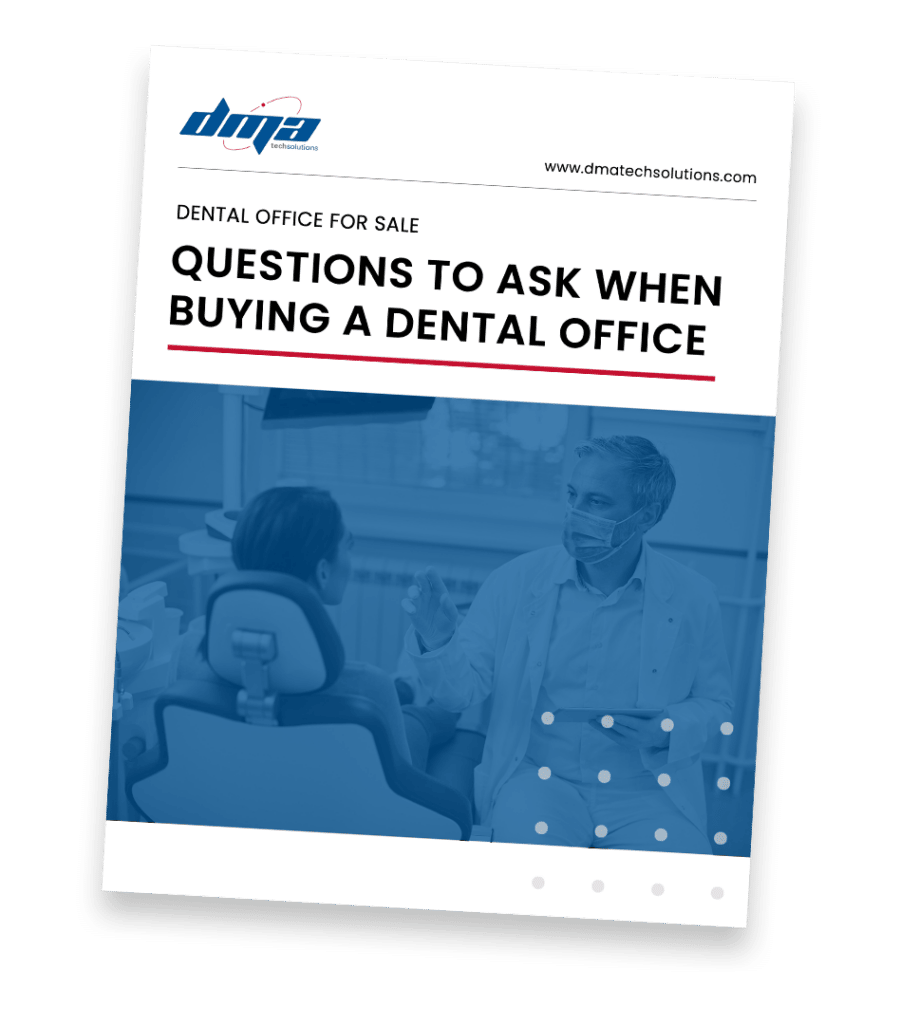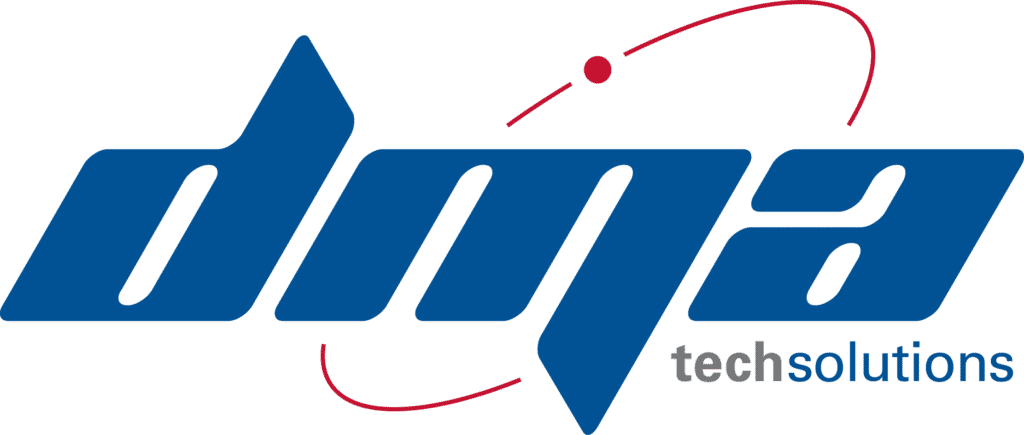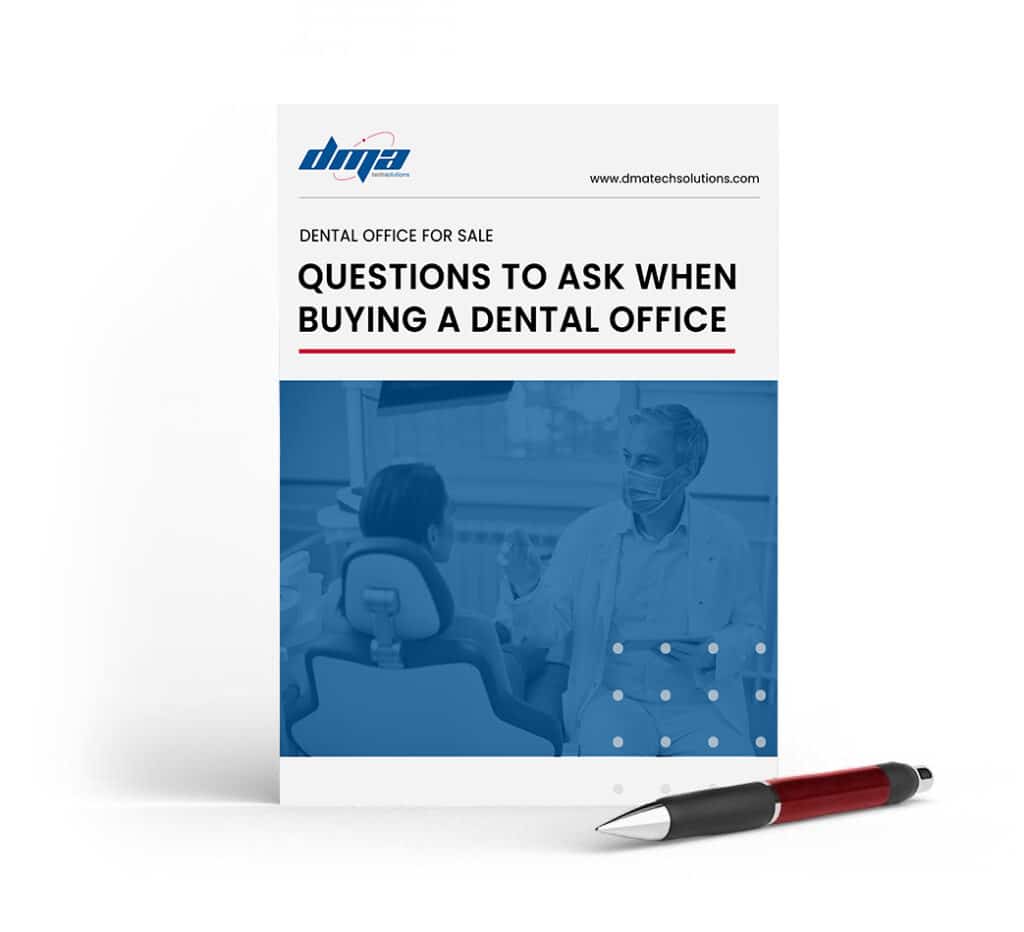If you are like most dental professionals, you may be wondering if your older IT infrastructure is HIPAA compliant. The Health Insurance Portability and Accountability Act (HIPAA) was enacted in 1996 and set new standards for the protection of electronic patient health information. Since then, it has been amended several times to include new requirements. If your dental practice is not yet HIPAA compliant, don’t worry! This blog post will help you understand what the modern requirements are and how to become compliant.
What is HIPAA?
The Health Insurance Portability and Accountability Act (HIPAA) is a federal law that was enacted in 1996. Its purpose is to protect the privacy of electronic patient health information. The law sets new standards for the protection of this information, including requirements for security, access, and breach notification.
HIPAA is important because it helps ensure the privacy and security of patient information. This is especially crucial in the age of electronic health records (EHRs). EHRs contain a great deal of sensitive personal information, and it is critical that this information be protected from unauthorized access or disclosure.
While you may be compliant in some areas of your practice, others may have gaping security holes which essentially null everything that you are doing right. Just like you wouldn’t want to sail on ship that is mostly waterproof (minus a couple holes in the hull) you also don’t want to operate your practice as mostly compliant. Dental offices are required to do an annual self-assessment each year to determine compliance in each area of your practice and your technology plays a big role in this compliance.
What Are Some HIPAA Requirements?
The HIPAA requirements can be divided into three categories: security, access, and breach notification.
Security Requirements
The security requirements are designed to protect electronic patient health information from unauthorized access or disclosure. They include the following provisions:
– Security management process: This includes risk assessment, security planning, implementation, and monitoring and evaluation.
– Physical security: This includes safeguards to protect physical access to the information systems and media that store electronic patient health information.
– Technical security: This includes measures to protect against unauthorized access to or use of electronic patient health information.
– Administrative security: This includes policies and procedures for protecting electronic patient health information.
Access Requirements
The access requirements are designed to ensure that only authorized individuals have access to electronic patient health information. They include the following provisions:
– Authentication and access control: This includes methods for verifying the identity of users and controlling their access to electronic patient health information.
– Emergency access: This includes procedures for accessing electronic patient health information in emergencies.
– Disclosure limitation: This includes restrictions on the disclosure of electronic patient health information.
Breach Notification Requirements
The breach notification requirements are designed to ensure that individuals are notified when their personal information has been compromised. They include the following provisions:
– Breach notification: This includes procedures for notifying individuals of breaches of their personal information.
– Urgent notification: This includes procedures for notifying individuals of breaches that pose a risk of harm to them.
– Risk assessment: This includes procedures for assessing the risk of data breaches.
How to Become HIPAA Compliant
While you could try becoming HIPAA compliant on your own, we strongly recommend pairing with an IT professional who can ensure that you’re fully compliant and protected with the best technologies. When you partner with a professional IT service, you’ll end up saving time, money, and frustration. Most importantly, you won’t have to worry about an audit or fines.
To learn more about HIPAA compliance and how to reach it, get in contact with a representative from DMA Tech Solutions today.
Considering buying a dental practice?
Buying a dental practice is a big undertaking and knowing what to expect and what questions you should be asking the seller is key to a successful transaction.





